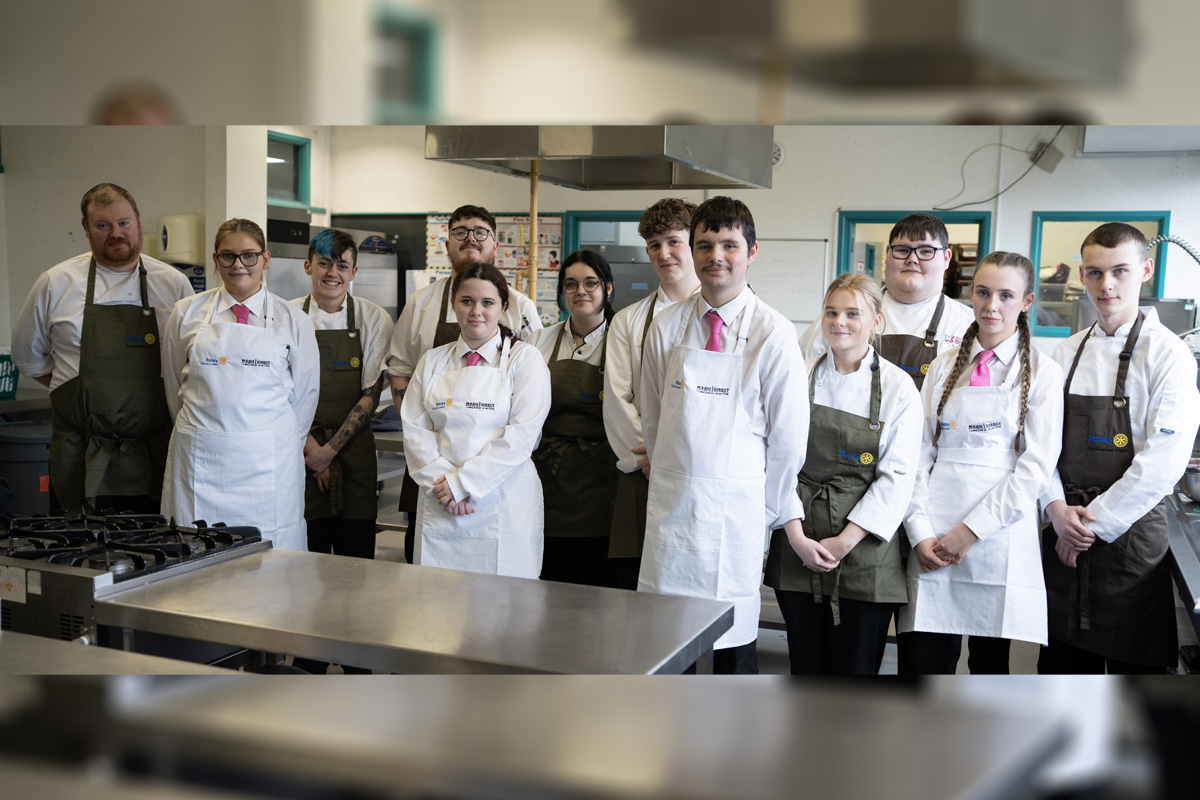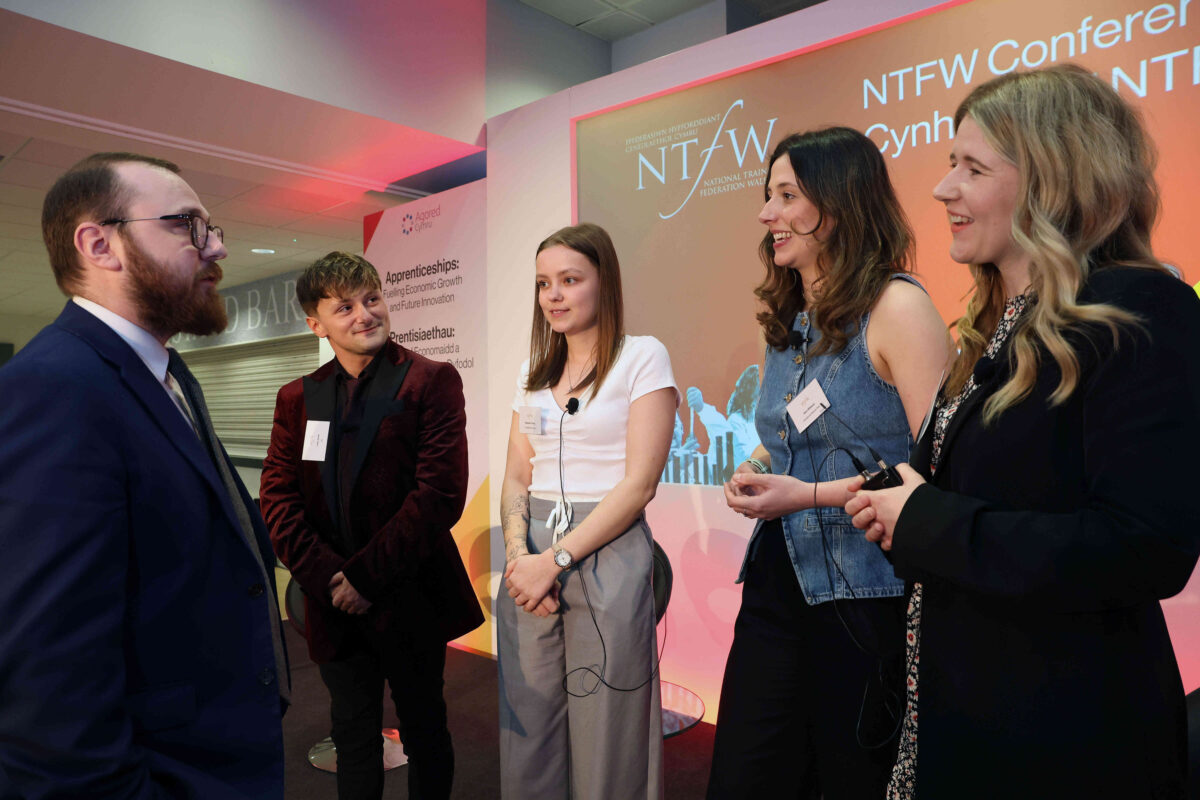Academic’s RAF background invaluable for supply chain course

A former RAF pilot and combat base commander is helping to provide a new generation of supply chain professionals for some of the world’s biggest companies.
Richard Atkinson said his military background was very “relevant” to his current role as deputy director of the Supply Chain Leadership programme at Aston University.
The former air commodore, who once flew Tornado and Phantom fighter jets and was station commander of RAF Leuchars in Scotland, appears in the latest episode of the Aston means business podcast series, presented by journalist Steve Dyson.
LISTEN to Aston means business
Mr Atkinson, now a teaching fellow at Aston University, said that he was enjoying passing on his knowledge of how to tackle modern day logistics issues to ‘learner colleagues’, along with the experience of many other experts.
He said:
“When I was director of Air Operations in Afghanistan, where we were supporting the development of Afghanistan, the people I spoke to the most were our logisticians, understanding the novel supply chains required.
“And even today, with troubles in the Horn of Africa, the Middle East and with the illegal invasion of Ukraine by Russia, all of these conflicts depend upon supply chains, but they all impact supply chains as well.
“That’s why our programme is so relevant to create the future generation of supply chain leaders.”
Mr Atkinson explained that NATO’s role in Afghanistan meant military forces had to be adaptable every day in terms of supply chains.
He said:
“An army marches on its stomach and so we had to feed forces from all the coalition countries. The adage we draw upon is that “amateurs think tactics, professionals think logistics”. And that’s why we want to work together to build the future leaders of logistics.”
He said the big challenge was global warming which would “strategically impact migration and supply chains across the world”.
“In future, we need to hit situations where we can deliver water, food and medicine where they are needed, at the right time, safely, securely and sustainably. So, we need our political leaders, our generals, our admirals, our air marshals, but also supply chain professionals to come up with these solutions, these alternative routes.”
Mr Atkinson said Aston University was the UK’s leading faculty in supply chains with its BSc degree apprenticeship in Supply Chain Management. The programme started four years ago with four companies and now has 30 to 40 companies and hundreds of ‘learner colleagues’.
Companies using the programme include pharmaceutical giant GSK, Coca-Cola, Jaguar Land Rover, DHL, and many other companies.
Mr Atkinson highlighted how GlaxoSmithKline (GSK) had “wonderful scientists and chemists” to create life-changing drugs, such as the new Shingles vaccine, but that they equally needed “amazing logisticians to make sure they get to the right people in the right place at the right time”.
Tim Buchanan, apprenticeship levy lead for GSK, was also interviewed as part of the podcast.
He explained how GSK is based in 133 countries around the world, which means global issues impacted in terms of bringing raw materials in, processing them into the drugs that appear on shelves, and then moving them back out to markets.
Mr Buchanan praised the programme at Aston University and said:
“Getting the new generation of supply chain apprentices up to speed, having them gain the experience … is crucial to the way we go forward.
“We continually know we’ve got to have a group of new people coming in with the skills that Aston University is providing.”
The first few apprentices, who are already full-time employees, will complete the programme this year.
Mr Buchanan said the three main reasons for going on the programme were academics from Aston University going on site to meet GSK line managers, the course having “matured” after listening to feedback and “very high enthusiasm” from the apprentices about the learning.
He added: “We wouldn’t be returning if we didn’t think there was value in the programme.”
Mr Atkinson agreed, pointing out that Aston University was “filling a gap in the market”, which was crucial with the UK having “teetered into a recession” and businesses struggling.
He said: “Let us bring our talent to you to help develop your talent for the future solutions.”











Responses